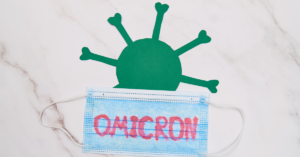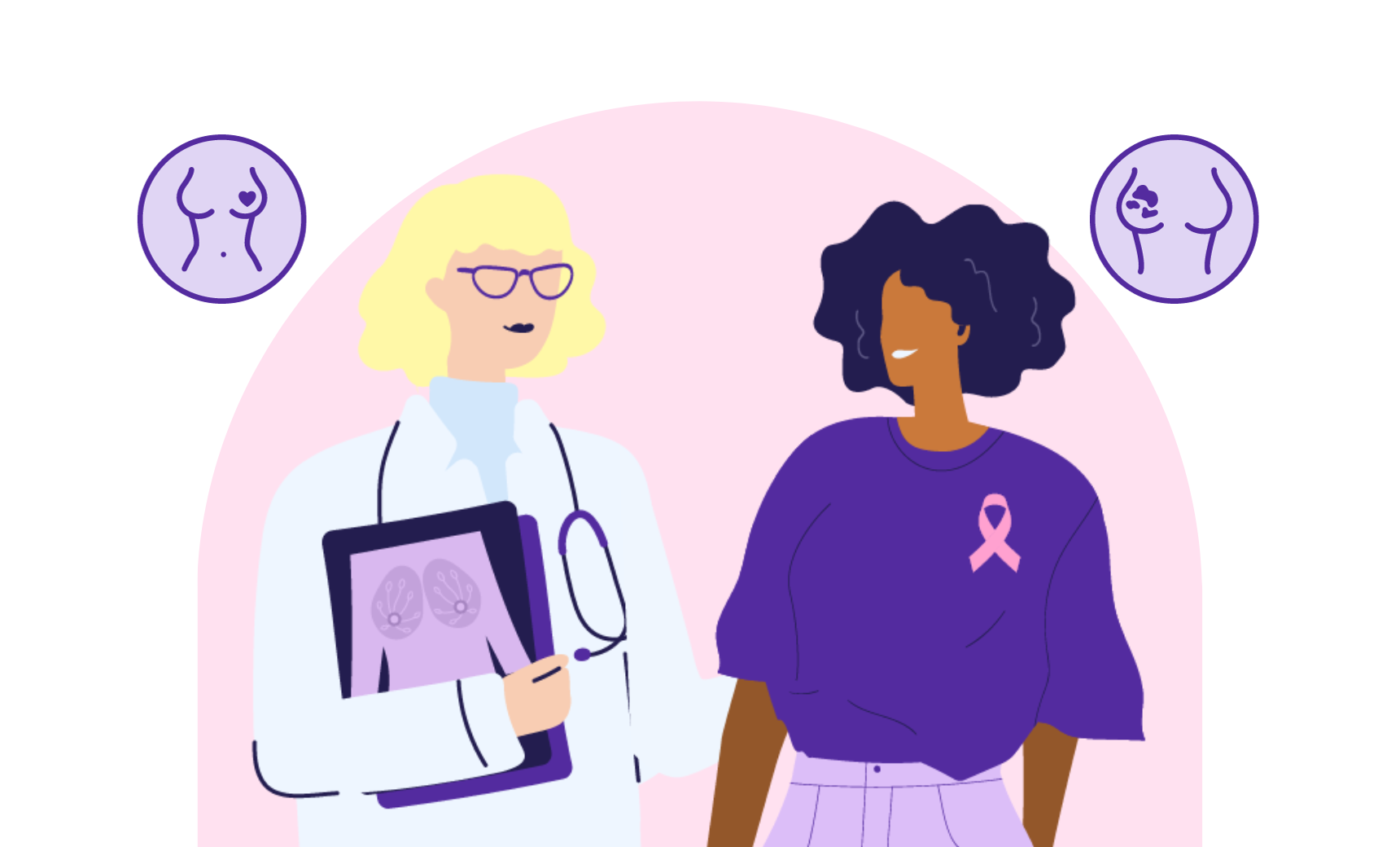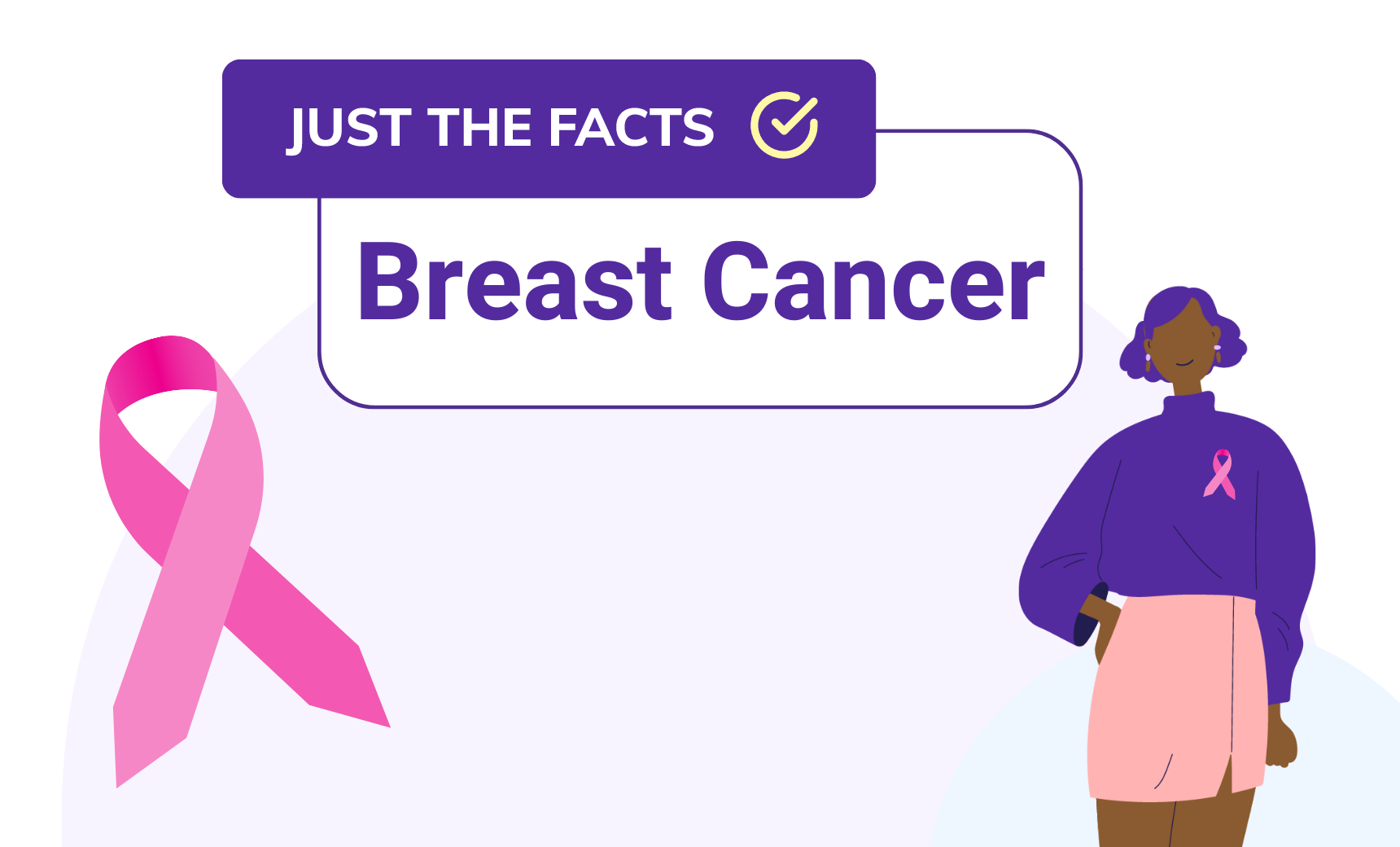
New CDC Guidelines: What’s the Right COVID Test for You?
Propelled by the rise of a new variant, COVID infections in some parts of the country are reaching their highest levels since the pandemic first began. In light of these developments, the Centers for Disease Control have introduced new guidelines for people who have tested positive for the coronavirus. Here’s what you should know about the omicron variant of COVID-19 and the new guidelines established by the CDC.
Omicron & New Quarantine Guidelines

The omicron variant is here, and appears to be the main driver behind the new spike in COVID cases throughout the United States. This new variant is notable for being highly transmissible, including among people who have been fully vaccinated against COVID-19. The good news is that for many people who have received the vaccine, symptoms are relatively mild, consisting of cough, congestion, runny nose, and other cold-like symptoms.
Omicron also appears to have a shorter incubation window than previous COVID variants, which has led the CDC to reduce the recommended time spent in quarantine after the first positive test results from ten days to five days. Keep in mind that even mild symptoms should be taken seriously, as some people may have far more severe symptoms and a higher likelihood of long-term effects from the virus than others will.
Schedule Your COVID Tests Through Labfinder
As much as ever, regular COVID testing is an essential component to any strategy that will help keep the virus’s spread in check. It’s so important to protect yourself and others by getting tested if you have symptoms, have been exposed to someone who tested positive, or are planning to travel or participate in any public events that will put you in close contact with others. Labfinder makes it easy to schedule multiple types of COVID tests and receive your results. Here’s a quick rundown of the tests offered through our unique platform.
PCR swab tests are considered to be the most effective and accurate tests available for determining whether you currently have the coronavirus. Keep in mind that PCR screenings will not provide immediate results, so you should make sure to allow for at least 1-3 days to get the results of your test.
While rapid antigen testing for COVID-19 does not quite have as high a degree of accuracy as PCR screenings do, it has a significantly shorter turnaround time for results. This test also does not require inserting the swab quite as far as is necessary during a PCR test. After taking a rapid COVID-19 antigen test, you can expect your results within the hour, often in as little as 15 minutes.
Antibody testing will not determine whether or not you currently have COVID-19, but is rather performed to detect antibodies which can indicate whether you have been infected with the virus in the past. If you have had COVID-like symptoms in the past and are looking for confirmation that you did have the virus, this blood test can provide positive or negative results within 1-3.
This test is also performed by pricking a finger and drawing a small amount of blood to screen for the presence of COVID-19 antibodies. This test determines whether or not you have had a previous infection of COVID-19 and can return results the same day.
If You Need a Test, Don’t Wait
Due to the rise of Omicron, tests are in higher demand than at perhaps any other time during the pandemic. If you know that you have been in contact with someone who tested positive for COVID-19, it’s important to get tested in order to minimize your risk of spreading the virus. If you are getting a non-rapid test in advance of a planned event or trip, it’s important to make certain that you leave yourself long enough to get your results by the time you need them.




Brian Tidal
The LabFinder Editorial Team is behind The Illuminator and The Insider, LabFinder’s consumer and business blogs.
Dr.Robert Segal
Dr. Segal is CEO and co-founder of LabFinder, as well as a board-certified cardiologist. He began practicing medicine in 2002 and has founded several businesses, including Medical Offices of Manhattan and Manhattan Cardiology.